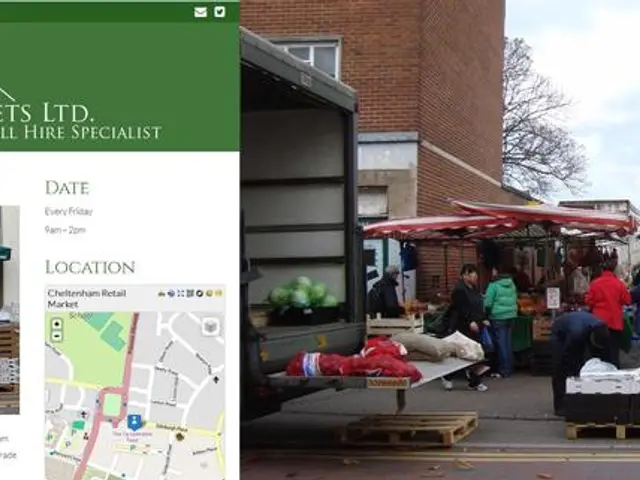Upcoming Advancements and Enhancements in Saudi Arabia's Public Bus System
Saudi Arabia is making significant strides in transforming its transport sector, with a focus on clean energy solutions and technological advancements. The kingdom's latest smart mobility strategy is a key part of its Vision 2030 goals, aiming to reduce oil dependency and foster a sustainable future.
One of the most notable developments is the integration of electric buses into the public transport network. Powered by electricity, these buses reduce dependency on traditional fossil fuels, contributing to the kingdom's overall sustainability aims.
The use of electric buses sets an example for other countries to follow, as Saudi Arabia continues to lead the way in embracing clean energy solutions. These buses are being incorporated into the bus network as a means to lower carbon emissions, contributing to a greener and more sustainable future.
In addition to electric buses, Saudi Arabia is also focusing on autonomous vehicles and intelligent transportation systems. A trial launch of autonomous vehicles in Riyadh is planned for 2025, with vehicles operating in real-world conditions covering King Khalid International Airport, major highways, and city centers. This initiative is backed by a multi-ministry partnership and private companies such as Uber, WeRide, and AiDriver, marking a major push towards a safer, AI-powered, and integrated transportation ecosystem.
WeRide is pioneering robotaxi trials in Riyadh with plans for full commercial rollout by the end of 2025. The company holds Saudi Arabia's first nationwide robotaxi permit, achieved through regulatory sandboxing, which complements broader efforts to localize innovation and foster new mobility markets aligned with Vision 2030.
To support these developments, the kingdom has made advancements in infrastructure and regulatory frameworks. The new Saudi Roads Code mandates infrastructure standards including pavement adapted for autonomous routing, machine-readable road markings and signage, real-time data communication along roads, and intelligent parking systems. These ensure the seamless and safe operation of autonomous and electric vehicles across the country's road network while emphasizing sustainability and economic efficiency.
Saudi Arabia aims for 50% electric vehicle (EV) adoption by 2030, supported by financial incentives and investments in charging infrastructure. This underpins ambitions to decarbonize transport and spur smart city development projects like NEOM.
The benefits of these developments are far-reaching. Enhanced road safety is achieved by reducing human error through autonomous driving technologies. Improved mobility efficiency and reduced congestion are achieved using intelligent traffic management and real-time data systems. Progress towards environmental sustainability is made by encouraging EV use and cutting emissions. Economic diversification and innovation are fostered by developing a domestic smart mobility industry. Elevated quality of life is achieved via integrated transport options, ease of travel, and futuristic urban living standards.
In summary, Saudi Arabia's embrace of clean energy solutions in its public transport sector is a significant step towards creating a sustainable and technologically advanced future. The country's focus on electric buses, autonomous vehicles, and intelligent transportation systems underscores its commitment to realizing smart, sustainable mobility aligned with its Vision 2030 economic transformation roadmap.
The kingdom's focus on electric buses and autonomous vehicles, such as the planned trial launch of autonomous vehicles in Riyadh in 2025, demonstrates its commitment to the environmental-science sector. These advancements in technology contribute to carbon emissions reduction and the pursuit of a greener and more sustainable future. The financial sector plays a role in supporting this transition, as Saudi Arabia aims for 50% electric vehicle adoption by 2030, backed by investments in charging infrastructure and financial incentives.




